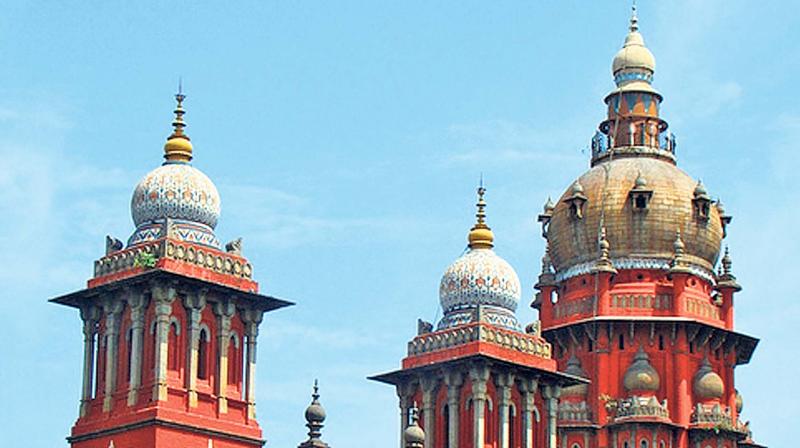Seminal moment in judicial history

It was Ruma Pal, a retired Judge of the Supreme Court who felicitously chided, “Collegium affairs are the best kept secret in the world”. And this she said well before the Constitution Bench of the Supreme Court, led by Justice Jagdish Singh Khehar (before he became the CJI), dumped the Judicial Appointments Commission Act to the dustbin of history by declaring it to be unconstitutional.
It was the lone dissenting voice of Justice Chelameshwar that saved the day for the Executive by pointing out the opaque ways of the Collegium. And this is a transformational moment as the top court has begun to host on its website the deliberations and the reasons behind the decisions of the Collegium. The first of the open and transparent disclosures bordering on the revelatory is the October 3 set of recommendations for appointment of judges to the Madras and Kerala high courts. The Chelameshwar dissent had its pride of place even in the NJAC verdict - with those in the majority also concurring that the Collegium proceedings were not an 'inspirational' routine and that the ways of the Collegium “needed a dose of sunlight'. This led to the fig leaf offer of a Memorandum of Procedure to be entered into between the Collegium and the Executive. The Government latched on to this for dear life after having lost the battle and the remit of the legislature and Executive in the appointment of judges to constitutional courts.
While CJI T S Thakur's regime stood its ground in a confrontational way, the CJI Khehar-led Collegium revealed a mellowed stand and greater give than take. But still the ping pong routine of the MOP continued as it went back and forth, awaiting the imprimatur of the Collegium. While this was so, in a pathbreaking decision most unexpected and yet most welcome, the CJI Dipak Mishra-led Collegium yielded to the public refrain to come clean with open and transparent disclosures. If the apex court always wanted the courts below to render 'speaking orders' for the world to know what led to the decisions and trashed 'alien and irrelevant, unexplained reasons' as not assisting the Rule of Law, their own Collegium affairs were anything but that.
A preaching Supreme Court never practised what it preached. This may have led to the political establishment getting together to legislate the NJAC. But they did not bargain with Supreme Court judges enjoying the power to anoint themselves in that unique Indian power grab move of deciding for themselves and for everyone else. The deliberations during the proceedings were a clear giveaway that the legislature and the executive were fighting a lost battle. That is why the executive was hanging on to the MOP on offer.
The two branches of government may not have bargained with this turnaround from the Collegium led by new CJI. Dipak Mishra, who made history by persuading the Collegium to go public with the very information that they were refusing to let go under RTI although they were prescribing it for most others. Now, they have gone well beyond in voluntarily and without a prodding or a warning chosen to reveal the secrets. The first disclosures make fascinating reading, lending huge credibility to the decision and respectability to the nominees. We could not have asked for more from a court which had in two cases, in a virtual constitutional coup, usurped the powers of the Executive which was vested with the power to appoint judges by our forefathers under the mother of all laws, namely, the Constitution. The decision to disclose is akin to the Prime Minister or a Chief Minister hosting online the 'reasons / basis' for their decision to nominate members of their Cabinet.
Justice Chelameshwar must take the credit for his open letter to CJIs and his refusal to participate in 'deliberations less than open' and CJI Dipak Mishra for initiating this welcome change. This has not happened a day too soon, as there are huge vacancies - about 40 % - across India in judicial posts. The transparency move would also make the job of the politicos in trying to unite for another NJAC a lot harder. The Supreme Court may have cast a permanent die for the Collegium.

